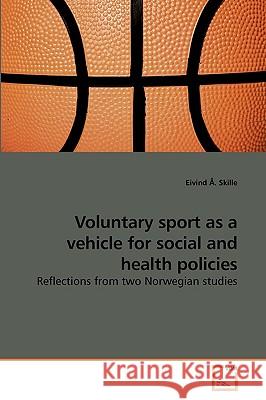Voluntary sport as a vehicle for social and health policies » książka
Voluntary sport as a vehicle for social and health policies
ISBN-13: 9783639156232 / Angielski / Miękka / 2010 / 100 str.
The aim of this book is to contribute to the debate about whether sport has a wider social role. Employing field theory and a variety of merhods, the following findings were revealed. The tools for policy makers are imprecise and indirect, therefore, the policy makers have little coercive power over the implementers. An important explanation for this constraint is the attributes of sport clubs. Sport clubs are recognized by two major attributes: the work force is volunteers and unpaid. Norwegian sport's resources at the level of sport provision is not based on subsidies from above, neither from the state nor the central level of the NOC system. The coherency of centrally made policy and locally implemented sport is not the same as a causal link from top to bottom. It is rather the opposite.
The aim of this book is to contribute to the debate about whether sport has a wider social role. Employing field theory and a variety of merhods, the following findings were revealed. The tools for policy makers are imprecise and indirect, therefore, the policy makers have little coercive power over the implementers. An important explanation for this constraint is the attributes of sport clubs. Sport clubs are recognized by two major attributes: the work force is volunteers and unpaid. Norwegian sports resources at the level of sport provision is not based on subsidies from above, neither from the state nor the central level of the NOC system. The coherency of centrally made policy and locally implemented sport is not the same as a causal link from top to bottom. It is rather the opposite.











